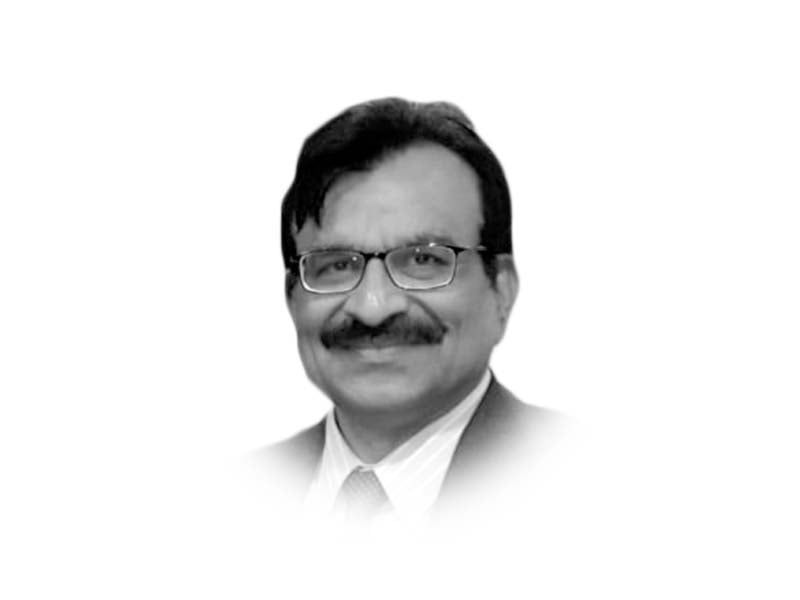
No war could be won without good intelligence. Powerful militaries have lost battles when they got bad intelligence. Pandemics are great wars between humans and microorganisms. Viruses have billions of years of advantage on us. They have survived many mass extinctions on the planet earth and are better prepared to survive in the worst circumstances. We are a new species and a blimp on the evolutionary tree. In an ongoing Covid-19 pandemic, more than half a billion people have been infected and more than six million have died in the last two years. Both these numbers are highly underestimated, and true numbers we may never know. That is our health intelligence failure.
If after more than two years and a hundred trillion dollars cost to the global economy, we still are not getting true estimates of our injured and dead, then we are not serious in fighting this war or any future war with a new variant or another pandemic potential virus. Even today the daily diagnostic data that we are receiving from hospitals and labs is no replacement for a proper disease surveillance system. With fewer people now opting for testing and many with access to home based rapid kits which are not linked with national data systems, the daily reporting numbers have pretty much lost their remaining value. Many developed countries are now focusing on hospitalisation numbers instead of new infections. This practice was already common in developing countries with no or deficient disease surveillance systems. This takes away two to four weeks of intervention opportunity from public health professionals which could save many lives. This also shows that even in the richest countries understanding and value of a good quality disease surveillance system is not existent. In this void of health intelligence multiple countries are making decisions based on political reasoning rather than actual disease data. Political leaders are telling us that the pandemic is over while SARS-COV-2 (the virus that causes Covid-19) is busy in producing new immune evading variants on an unprecedented scale. The US is now again reporting close to hundred thousand daily cases.
It is also true that now huge swaths of the population are infected or vaccinated or both. That has provided us some relief as deaths are much fewer as compared to past waves. But as SARS-COV-2 is infecting people multiple times, as field epidemiologist I am worried that if the next variant becomes deadly then our previous immunity may not save us. Many viruses become milder when increasing infectivity but that is not a law. Mutations are like a roll of dice so where we should hope for the best we should also be prepared for the worst. The expanding understanding of ‘Long Covid’ is also putting the initial mild disease mantra to a longstanding health complication for many.
Let’s hope that Covid-19 pandemic ends soon in a true sense. But even then, we need to take a threat of more devastating future pandemics seriously. We could only do this once we have better health intelligence. Most disease surveillance systems are not expected to report hundred percent of cases. But designed and implemented in a way that based on those numbers we could then accurately estimate the total burden of disease. Unfortunately, that has not happened in Covid-19. At global level only hospital and laboratory testing data is still being considered as an equivalence to a disease surveillance system giving a highly deficient picture of disease in respective countries.
We need truly representative real time disease surveillance systems which could detect any outbreak of pandemic potential pathogen early at a local level to contain it locally. This could be achieved by locally trained field epidemiologists and a functioning response system being part of a surveillance system. Traditionally surveillance and response are established separately undermining both sustainability and effectiveness. A good quality disease surveillance system is the foundation of health intelligence systems which go beyond disease surveillance numbers and taps other information sources which are available. These could be administrative, businesses, climate and other similar data sources which could help in doing the next important step. Predicting a pandemic!

1731494851-0/BeFunky-collage-(51)1731494851-0-405x300.webp)







1729685382-0/Untitled-design-(57)1729685382-0-270x192.webp)




COMMENTS
Comments are moderated and generally will be posted if they are on-topic and not abusive.
For more information, please see our Comments FAQ